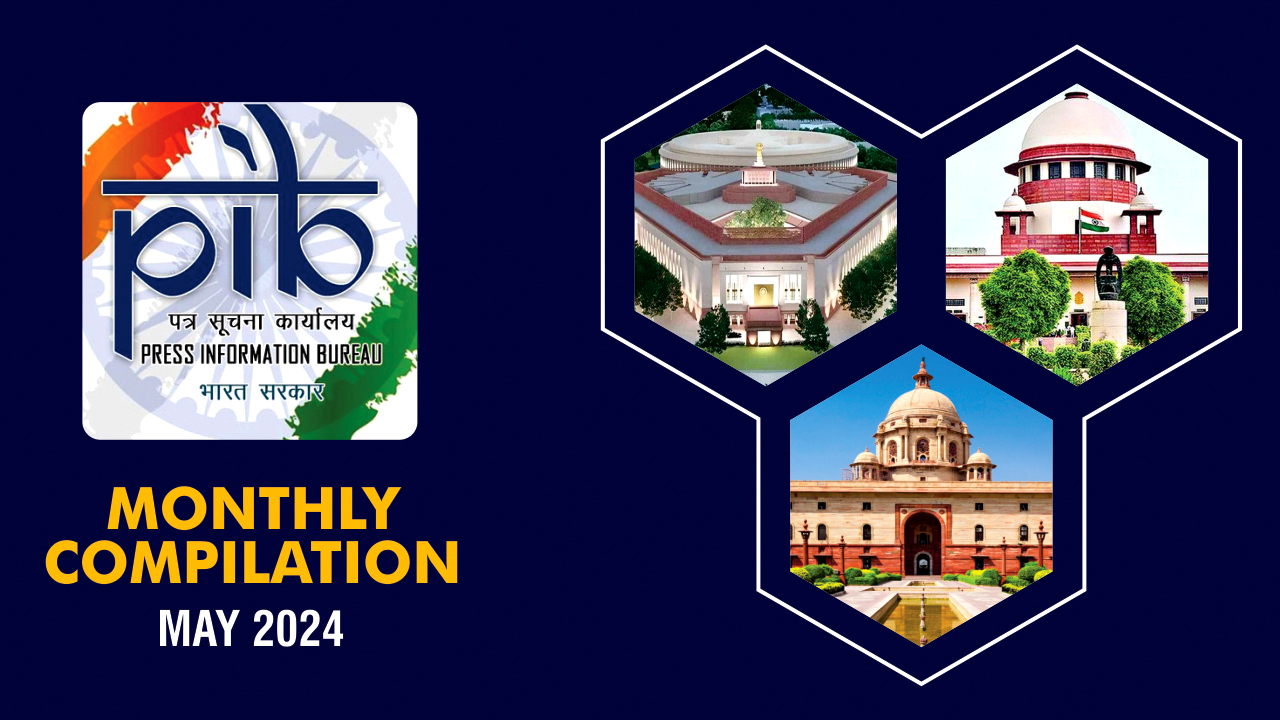Description

Disclaimer: Copyright infringement not intended.
Context
Congress party alleged that the Income Tax Department instructed banks to transfer over Rs. 65 crore from their accounts. The party alleged that political parties do not normally pay income tax.
Details
Do Political Parties Have to Pay Income Tax?
- Political parties in India are subject to certain regulations regarding income tax, as outlined in the Income Tax Act, 1961.
Exemption from Income Tax:
- Legal Provisions: Section 13-A of the Income Tax Act provides a special provision relating to the incomes of political parties.
- Exemption Criteria: Political parties registered by the Election Commission under the Representation of the People Act, 1951 are exempt from paying income tax on certain types of income.
- Exempted Incomes: Income from house property, income from other sources, capital gains, and income from voluntary contributions are not included in the total income of a political party, provided certain conditions are met.

Conditions for Exemption:
- Maintenance of Records: Political parties must maintain books of account and other documents that enable the Assessing Officer to properly deduce their income.
- Recording Contributions: They are required to record all contributions above Rs. 20,000 each and maintain a record of such contributions.
- Audit Requirement: Accounts of political parties must be audited by an accountant.
- Cash Donation Limit: Political parties are not allowed to accept any donation above Rs. 2,000 each in cash.
- Submission of Declaration: The treasurer or an authorized person must submit a declaration of donations to the Election Commission before the due date of filing income tax returns.
Filing of Income Tax Returns:
- Requirement: Political parties must file income tax returns if their total income, before taking into account the exemptions under Section 13A, exceeds the maximum amount not chargeable to income tax.
- Filing Obligation: The chief executive officer of every political party is required to furnish a return of income if the total income exceeds the income tax exemption limit.

Conclusion
While political parties registered by the Election Commission enjoy exemptions from income tax on certain types of income, they are still subject to certain obligations, including maintenance of records, compliance with contribution limits, and filing of income tax returns if their total income exceeds the exemption limit. The recent allegations regarding the Income Tax Department's actions against the Congress party highlight the complex interplay between politics and taxation regulations in India.
|
PRACTICE QUESTION
Q. Discuss the various provisions in the Income Tax Act, 1961, and the Right to Information Act, 2005 which deal with the exemption granted to political parties. (150 words)
|









